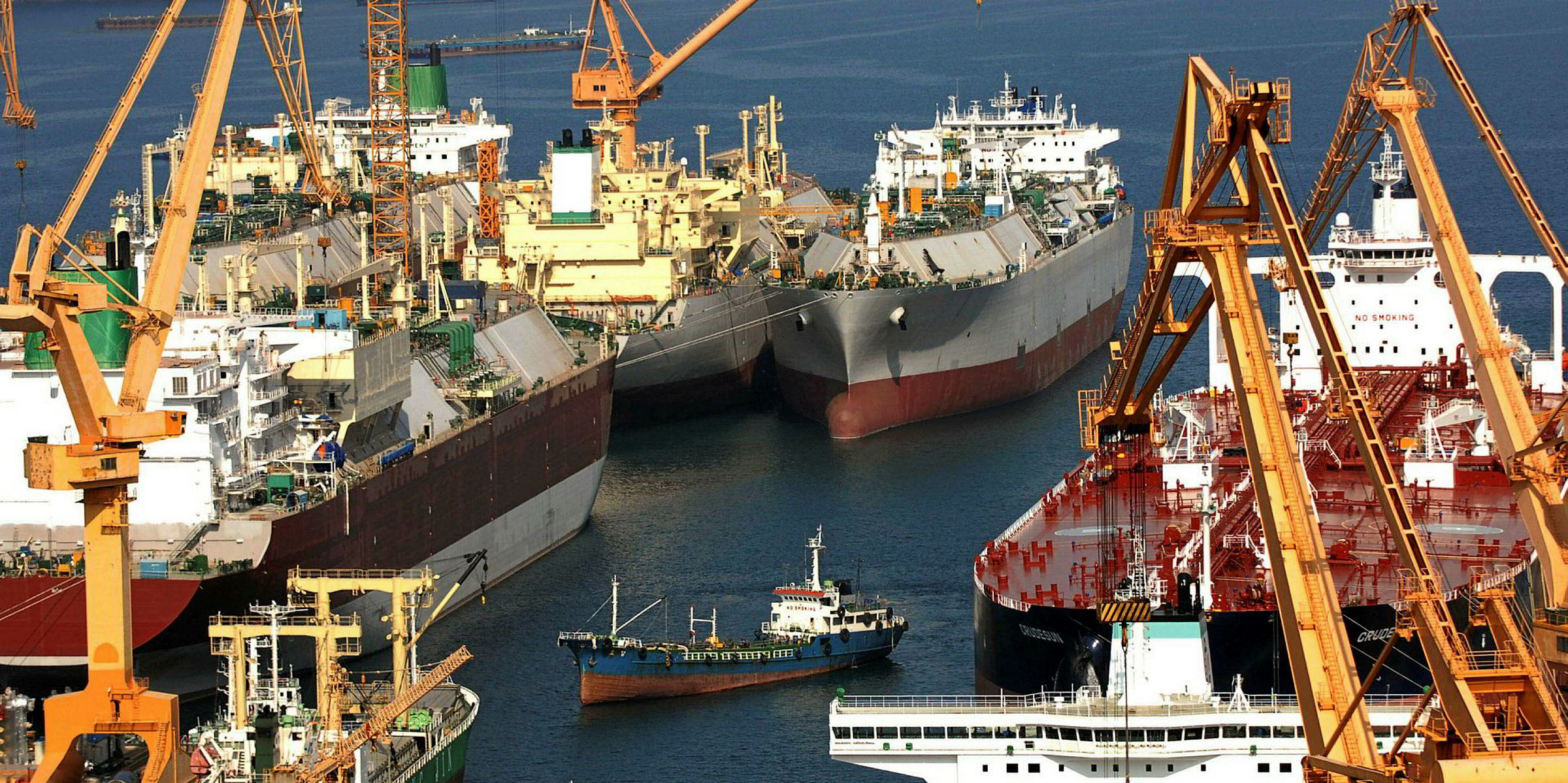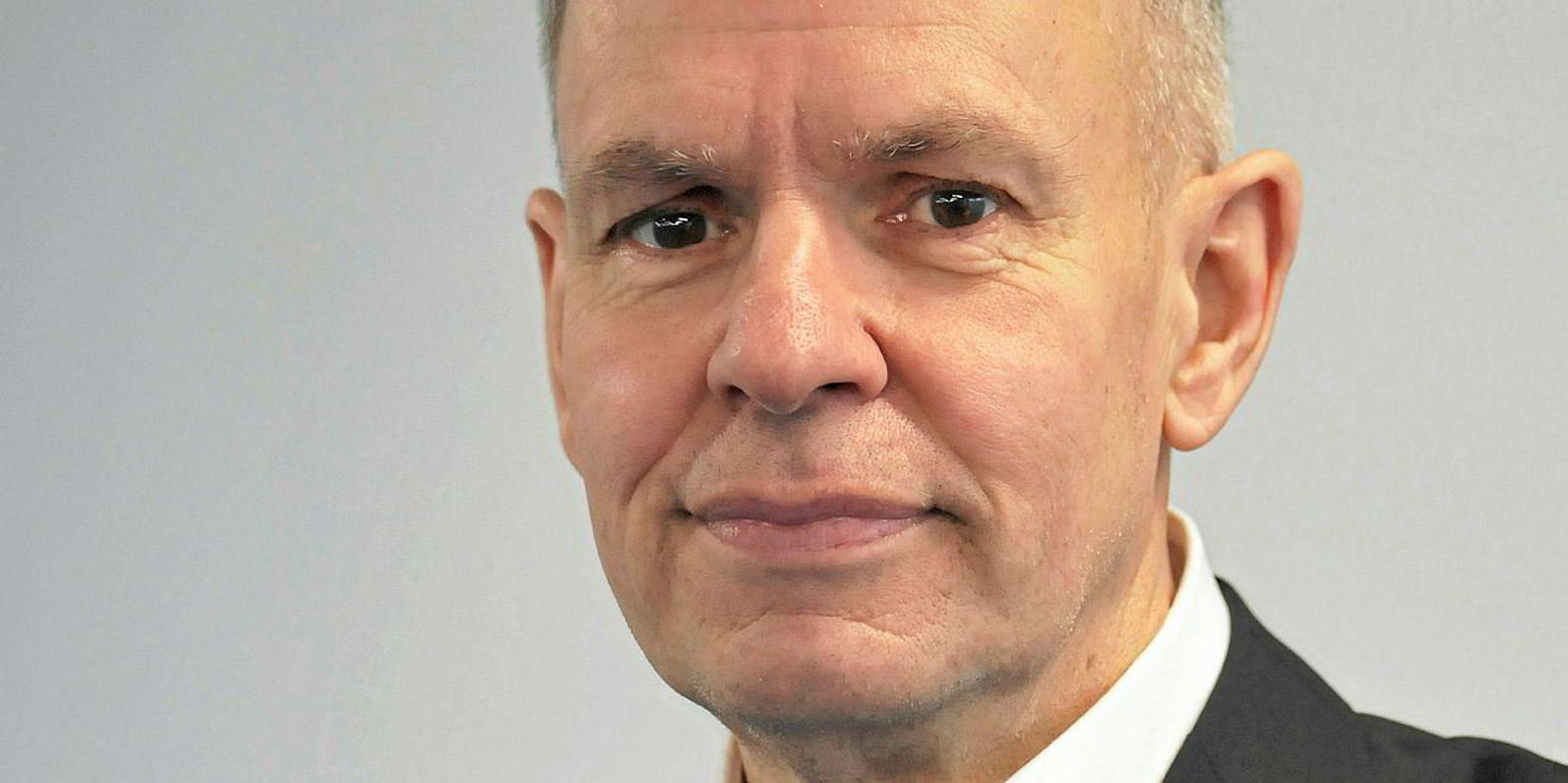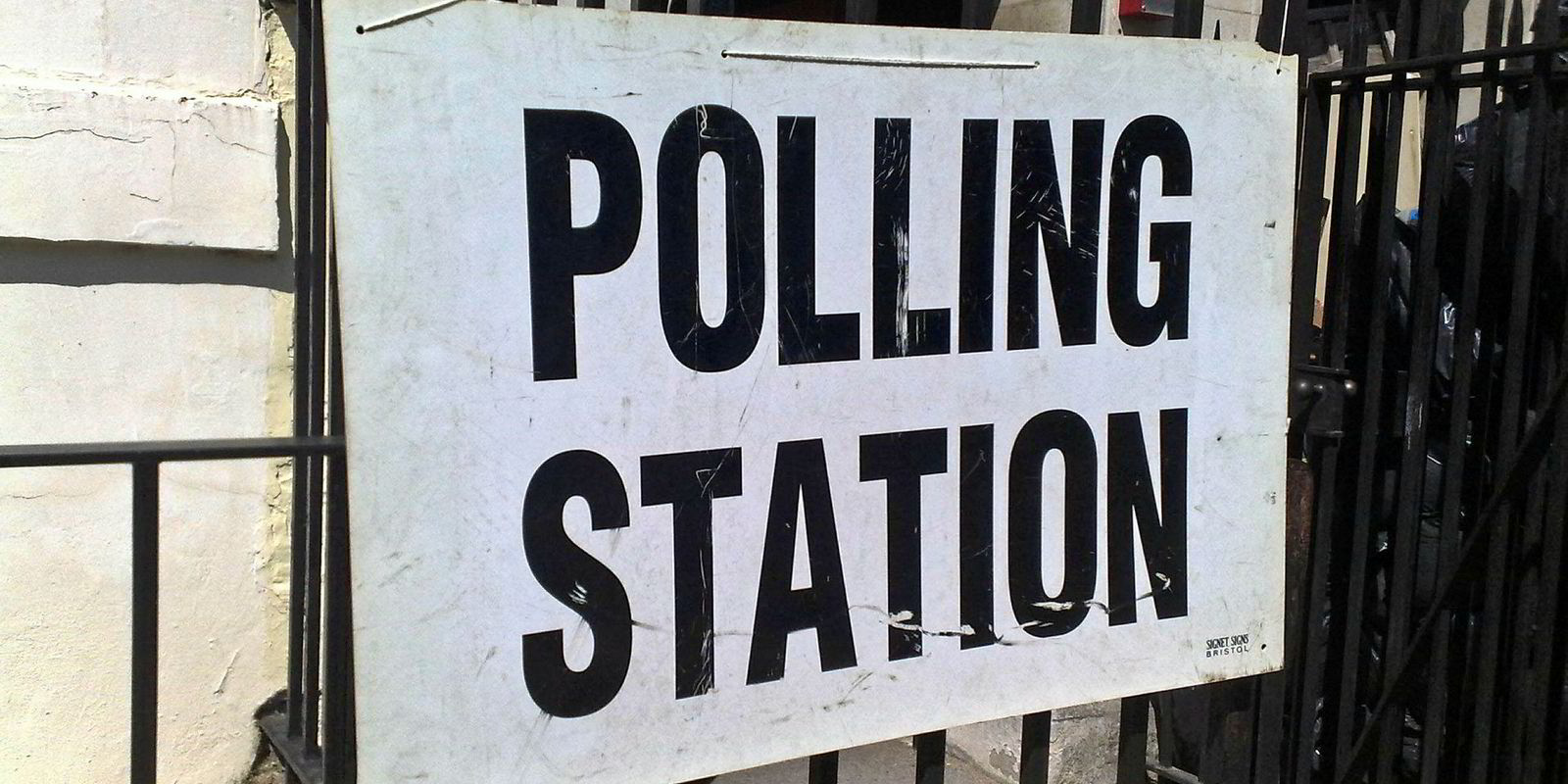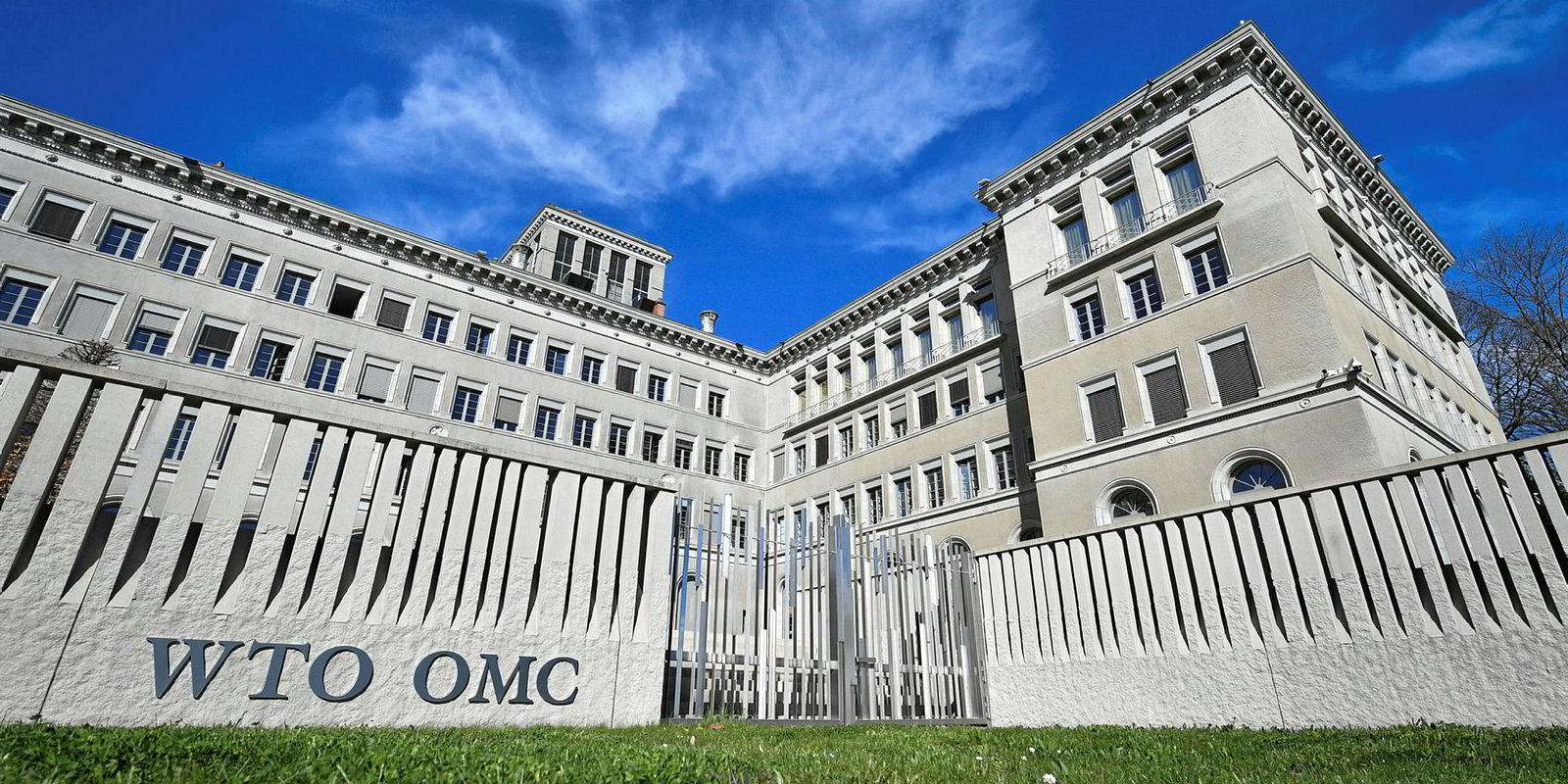The decision by the South Korean government to work with the private sector to order 140 ships powered by LNG deserves praise.
If the world is going to tackle global warming in double-quick time then policymakers have to provide financial incentives as well as laws.
Some may question whether gas is a stepping stone or a stumbling block to decarbonisation, but the move by Seoul would certainly reduce pollution if these vessels replace those burning dirty diesel.
Critics — in this case Japan and the European Union — claim the South Korean subsidies will distort global competition and violate World Trade Organization rules.
I am all in favour of setting a level playing field but surely democratically elected officials are there to balance national and international interests.
A slavish commitment to globalisation without any regard for the commercial or social impacts has triggered a worldwide political crisis.
Populist leaders or propaganda have channelled the anger of the “left behind” and led to Donald Trump, Jair Bolsanaro and Brexit.
Why was Sunderland one of the highest Brexit voting areas in the UK?
Fury at yard closures
Many there are still furious that the local Wearside shipyards that sustained the regional economy for so long were closed by the British government to comply with EU state-aid rules.
The South Korean government's move will also be challenged by the European Commission.
But surely the arguments of Japan and the ECare more difficult to sustain since the financial crash 10 years ago when state aid suddenly became acceptable again when it was used to prop up an ailing banking system.
We have just seen the EC give its approval to the German government handing shipping lender HSH Nordbank back to the private sector, represented by a group of private equity investors such as Cerberus European Investments.

This is an arm of Cerberus Capital Management, which says it specialises in “distressed investing” and has stakes in pharmaceutical, automotive and retail sectors and seemingly almost every other business.
Is this a more useful, tactical and responsible owner for a shipping lender than the German state when it comes to the needs of the future?
Clearly Brussels thinks so, but I wonder whether the EC is as interested in the needs of the maritime world, or just adhering to a rigid ideological view on state aid.
The government-owned Export-Import Bank of Korea, meanwhile, has pledged KRW 800bn (about $750m) in loans and guarantees this year alone to help its shipping and shipbuilding industries restructure.
In April, South Korea pledged to place orders for 140 bulkers and 60 containerships to help the local industry ride out a “protracted slump, intense competition and environmental regulations”, according to Kim Young-Choon, oceans and fisheries minister.
It would be good to see the US and UK take a lead by putting serious money into research and development of low or no-carbon shipping
The move followed the shocks caused by the bankruptcy of South Korea’s largest container operator, Hanjin Shipping, in February last year.
Help to restructure
The government helped support Hyundai Merchant Marine and also set up Korea Shipping Co with seed corn state funding of KRW 1trn.
Is this wrong, anti-competitive, or a sensible way to avoid even more job losses, community breakdown and potential political instability?
We all know that Japanese shipbuilders were given public money after the war to build up the sector. South Korea did the same later on, as has China more recently.
It strikes me that it is doubly important to bring public money in to fund action to decarbonize the shipping fleet and wider economy.
Unless carbon is heavily penalised through a global tax or otherwise, the market will reward fossil-fuel users.
Those spreading CO2 emissions or black soot have not been made — up until now — to pay for the impact of their actions.
Early industrialised countries, such as the US and Britain, have been among the bigger contributors to climate change, Arctic ice thaw and higher ocean levels that threaten the very existence of places such as the Marshall Islands.
It would be good to see the US and UK take a lead by putting serious money into research and development of low or no-carbon shipping.
This is not going to happen with a climate denier in the White House, but there is nothing to stop a post-Brexit Britain leading the charge.
Similarly, if South Korea is motivated to support its maritime industries to bring political stability and tackle global warming, it deserves to be praised not pilloried.





